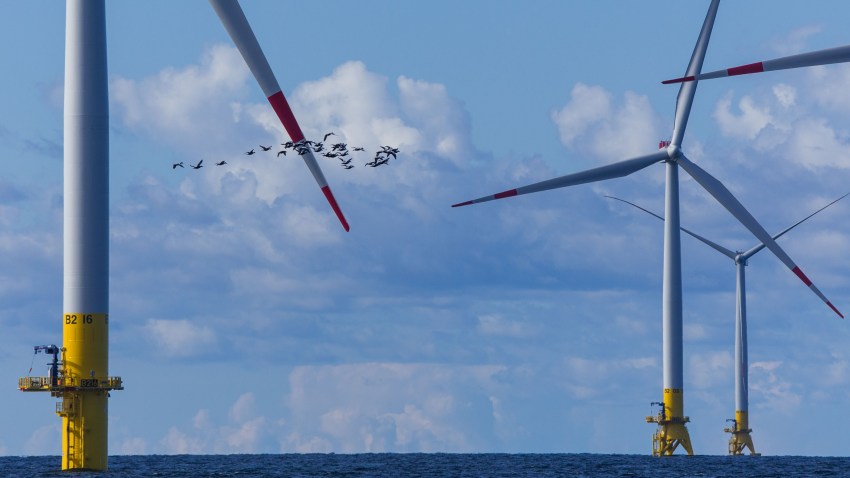Last week, U.S. President Joe Biden approved the United States’ eighth major offshore wind project, a big step toward his administration’s goal of bringing online 30 gigawatts of capacity to power the clean energy transition. This welcome development comes amid tumultuous times for the offshore wind industry as global progress has recently been stymied by rising interest rates, high inflation, supply chain shortages and approaches to contracting that locked in outdated prices. The political boost can help the offshore wind sector renew its commitment to being part of the solution not only to climate change, but also to its twin crisis: the rapid degradation of marine biodiversity. These crises are two sides of the same coin and must be addressed together.
Scaling up offshore wind, and quickly, is essential to turn the tide on climate change. The good news is that the industry globally is projected to grow up to 10 times its current size by 2030, while delivering clean energy for 10 million homes and sustaining approximately 77,000 green jobs in the United States. However, the rapid build-out of new energy sources does not come without its challenges. Without the proper science and planning, offshore wind development can pose risks to seabed habitats, fisheries, critical species and millions of people living in coastal communities.
Fortunately, practical and science-based solutions exist to avoid and minimize harm to biodiversity. Underwater noise pollution during construction can be reduced by technologies like bubble curtains. Turbines can be sited in locations that avoid critical routes and habitats of species like birds, bats and whales. And materials can be both sourced with sustainability in mind and recycled. What’s more, offshore wind developers are increasingly pledging “net positive” biodiversity commitments, putting them on a path to support nature more than harm it.

